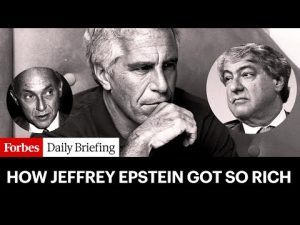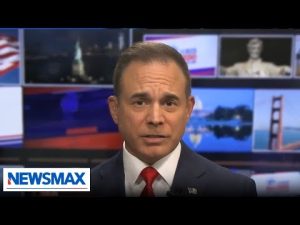The latest House report sheds light on the intriguing dynamics of the 2016 election, revealing unexpected facets of Russia’s involvement. What stands out is the revelation that the 2017 Intelligence Community Assessment overlooked evidence suggesting that Vladimir Putin might have been protecting Hillary Clinton. This omitted detail is significant; despite sitting on potentially damaging information about Clinton’s health—claims of psycho-emotional problems and daily tranquilizer use—Putin opted not to leak it. This decision is perplexing, especially when considering the popular narrative that Russia was solely focused on derailing Clinton’s campaign to aid Donald Trump.
A critical question arises from this situation: why would Putin, supposedly backing Trump, withhold information that could have derailed Clinton’s candidacy? According to reports, Putin was aware of this intel, allegedly kept in his figurative back pocket, yet chose to let it lie dormant. It’s important to acknowledge that the validity of this information remains unconfirmed, and the motivations behind its non-disclosure are open to speculation. Nonetheless, the fact that this potential game-changer was purposely held back raises eyebrows and warrants a closer examination of the complex political chess game in play during the 2016 election cycle.
The report further highlights a briefing from the GRU, Russia’s military intelligence agency, suggesting that without a “remarkable intervention,” Trump was unlikely to secure a victory against Clinton. If Putin genuinely possessed compromising information that could serve as such an intervention, his refusal to deploy it contradicts the narrative of unequivocal Russian interference favoring Trump. Instead, it hints at a more nuanced strategy, one that perhaps involved playing both sides or maintaining a card reserved for future leverage. This omission leaves room for speculation about deeper geopolitical strategies at work.
This reveals an oversight within the Intelligence Community Assessment of 2017, demonstrating a potential lapse in the thorough examination of evidence or an intentional disregard for such details. This gap highlights the complexities and limitations of intelligence analyses when it comes to deciphering foreign interventions in electoral processes. The narrative that Russia’s sole objective was to ensure Trump’s victory now seems overly simplistic when faced with this new layer of complexity.
In conclusion, the latest insights from the House report encourage a re-evaluation of our understanding of international interference in elections. It reminds us that geopolitical maneuvers are rarely straightforward and are often shrouded in multiple layers of intent and strategy. By examining these subtle intricacies, voters can gain a more profound awareness of the forces at play in democratic processes, fostering a more informed and vigilant electorate.







